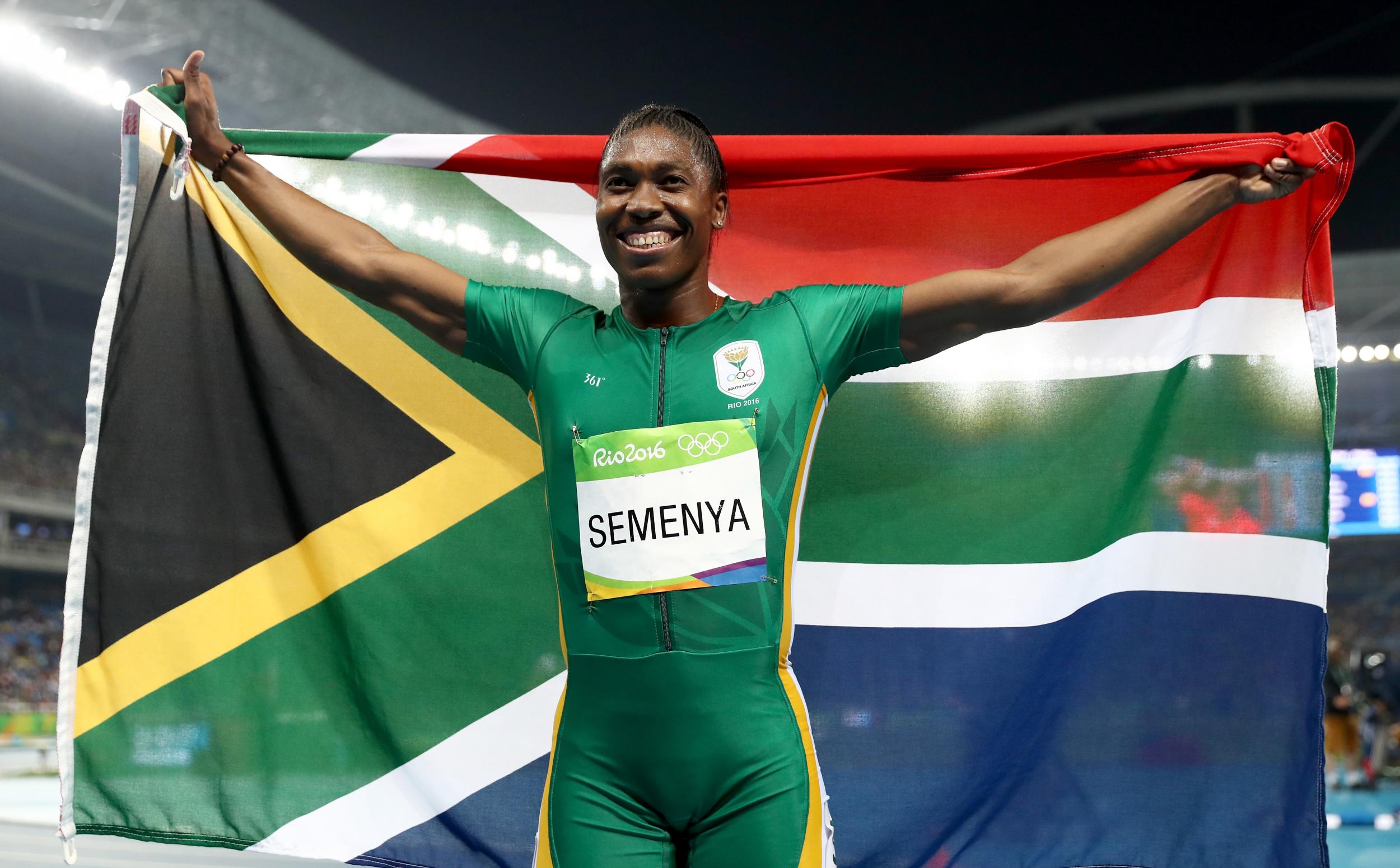Rio 2016: Fifth-placed Joanna Jozwik 'feels like silver medallist' after 800m defeat to Caster Semenya
Jozwik controversially claimed that she was proud to have finished as the 'first European' and 'second white'

Your support helps us to tell the story
From reproductive rights to climate change to Big Tech, The Independent is on the ground when the story is developing. Whether it's investigating the financials of Elon Musk's pro-Trump PAC or producing our latest documentary, 'The A Word', which shines a light on the American women fighting for reproductive rights, we know how important it is to parse out the facts from the messaging.
At such a critical moment in US history, we need reporters on the ground. Your donation allows us to keep sending journalists to speak to both sides of the story.
The Independent is trusted by Americans across the entire political spectrum. And unlike many other quality news outlets, we choose not to lock Americans out of our reporting and analysis with paywalls. We believe quality journalism should be available to everyone, paid for by those who can afford it.
Your support makes all the difference.A Polish middle distance runner who finished fifth in the women’s 800m final won by Caster Semenya at the Rio Olympics has claimed she “feels like a silver medallist”.
Joanna Jozwik also appeared to controversially claim that she was proud to have finished as the “first European” and the “second white” in the race.
The 25-year-old runner failed to earn a place on the podium, finishing behind South Africa’s Semenya, Burundi’s second-placed Francine Niyonsaba and Kenya’s bronze medallist Margaret Wambui.
The race result has reignited debate in female athletics around hyperandrogenism, a condition which leads to the excessive production of testosterone.
Semenya is the best-known athlete to live with the condition but neither Niyonsaba or Wambui identify as hyperandrogenic.
Jozwik, nevertheless, has now echoed the sentiments of Great Britain’s Lynsey Sharpe and questioned the fairness of the contest including female athletes with high levels of testosterone.
“This season I had a lot of health complications and injuries, which is why I am very pleased with this result. I feel like the silver medallist,” Jozwik told Eurosport.
“The three athletes who were on the podium raise a lot of controversy. I must admit that for me it is a little strange that the authorities do nothing about this.
“These colleagues have a very high testosterone level, similar to a male’s, which is why they look how they look and run like they run.”
The Walbrzych-born sprinter finished with a time of 1:57.37, behind Canada’s Melissa Bishop.
“It hurts a bit. I saw Melissa Bishop who was very disappointed, she improved her personal best and was 4th. It's sad, and I think she should be the gold medalist."
"I'm glad I'm the first European, the second white," she added.

Great Britain's Sharp, who finished in sixth place, voiced her own frustrations over the inclusion of hyperandrogenic athletes after the final.
“I have tried to avoid the issue all year," she said. "You can see how emotional it all was. We know how each other feels.
“It is out of our control and how much we rely on people at the top sorting it out. The public can see how difficult it is with the change of rule but all we can do is give it our best.
Rules which required hyperandrogenic athletes to limit their testosterone levels were overturned by the Court of Arbitration for Sport last year, following a successful case by the Indian sprinter Dutee Chand.
Join our commenting forum
Join thought-provoking conversations, follow other Independent readers and see their replies
Comments